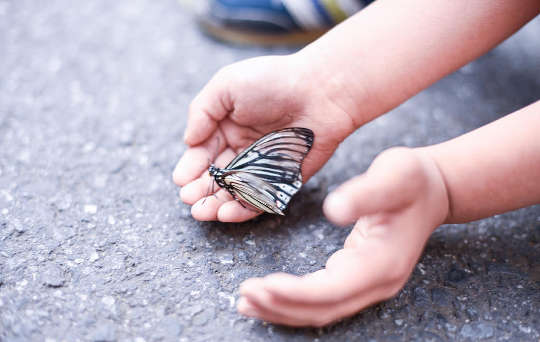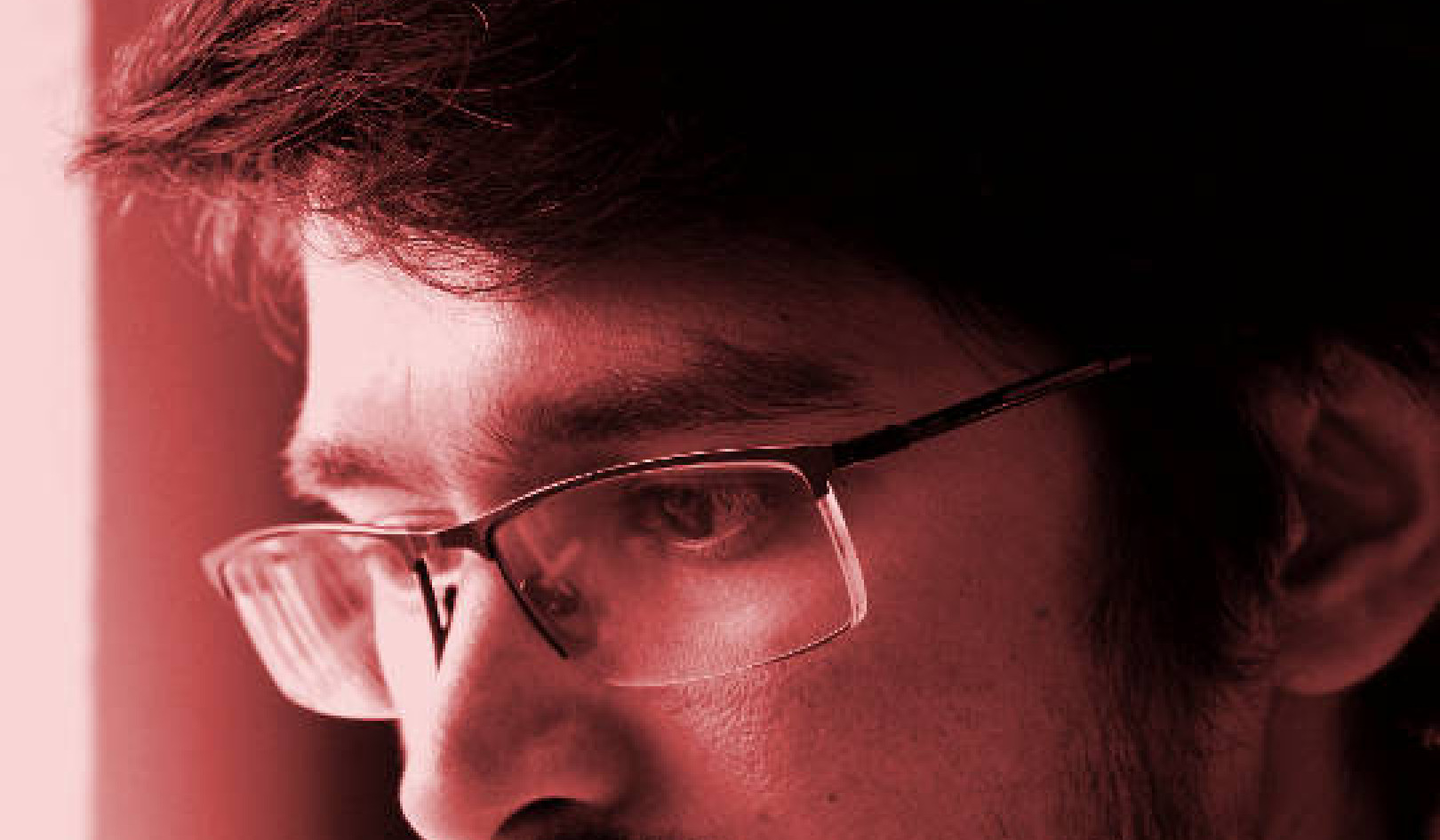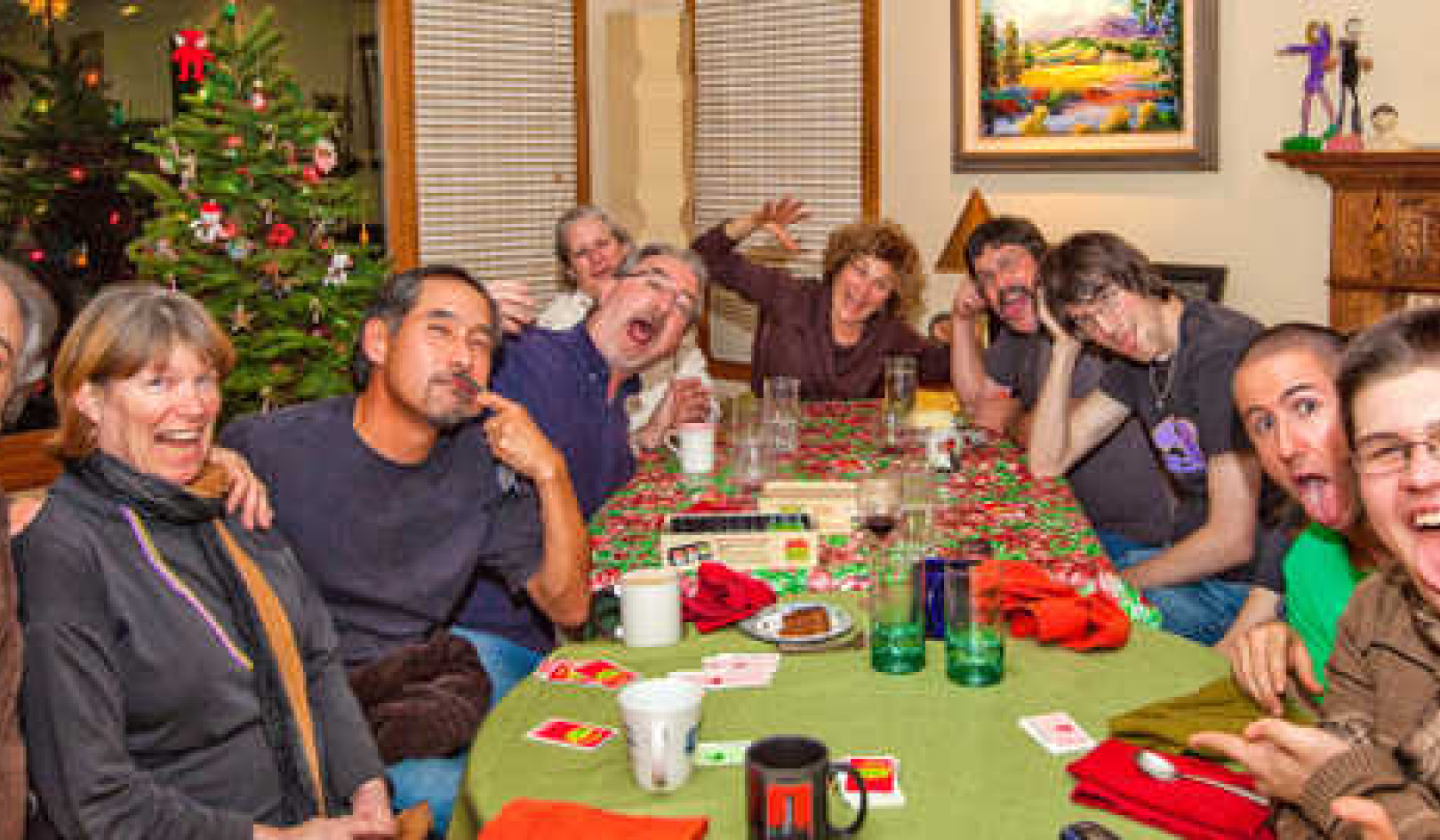
Photo Credit: Ellie Nakazawa (CC BY-SA 2.0)
One of the ways people bring closure to their lives is through their final requests. The most common requests in the Final Words Project were humble ones related to visiting with friends and family members and enjoying certain small pleasures, like a last bottle of a favorite beer. Those who are dying often wait for certain friends or relatives so they can say good-bye.
Final requests often take the form of ensuring that those they love will have all they need to continue forward. A typical example was a man’s advice to his daughter to make sure that his granddaughter “gets lots of guitar lessons.” To that, he added, “She is very talented, you know.” Another father told his son, “I am worried about your mother. She doesn’t seem well.”
One son described how his mother emerged from a completely unresponsive state a couple of days before dying to inform him about the location of important financial files that would settle her estate — making everything easier for him.
One patient requested the quilt that had warmed her many nights as she sat beside the woodstove of her mountain cabin; she sought its familiar comfort hours before dying.
My grandmother asked to have chocolate shavings placed on her tongue.
Final Requests and Family Traditions
On Thanksgiving Day, the father of a large family, Steven Ross, asked that the carving tools for the Thanksgiving turkey be brought to his hospital bed so he could serve his favorite meal to those he loved. His family lovingly brought some turkey and a dull knife to him. Only partly lucid, he imagined it was an earlier time, and he encouraged all to enjoy the season’s bounty.
Rachel Weintraub described how her sister, who was dying of lung cancer, wanted a cigarette and pancakes before dying. The nurse, not honoring the woman’s last request, upped her morphine dosage — with disastrous effects. “My sister did not get either of her requests,” Rachel wrote. “Not a happy ending.”
Hopefully, you and your loved one will be in a place where last requests are fully honored — whether chocolate or a cigarette, a visit from a certain son or uncle, or pancakes heaped with syrup and whipped cream.
For my dad it was the chance to choose one more winner at the horse races, which he got to watch on television, and the opportunity to admire, on video, his silver-screen goddess Marilyn Monroe one last time while she sang, “A kiss on the hand may be quite continental...”
Stepping into Another World
Developing a rapport with someone, or stepping into that person’s world, is the most powerful way to build a connection. In the early 1970s, John Grinder, an assistant professor of linguistics at the University of California, Santa Cruz, and Richard Bandler, a student of psychology, identified patterns used by successful therapists.
One fruitful strategy among the therapists was to match the lead representational system of the client. Each of us processes our experiences and represents them to ourselves and others differently — and these are revealed in visual, auditory, or kinesthetic terms.
Bandler and Grinder discovered that when a client speaks in visual terms, saying, for example, “I just can’t see what I am doing wrong,” the most effective therapists consciously or unconsciously match the modality of the person speaking and say something like “Let’s take a look and focus more closely on this.” Or, when clients would say something like “I just can’t grasp why it is not working out,” the therapists would use kinesthetic phrasing in reply, such as “I get what you mean...I feel you.”
When people feel that you are meeting them where they are, they feel “seen,” “heard,” or “known” and are comforted by that. Any act of communication offers an opportunity for building a bridge. One of the ways to do this is to listen to the language of the other person and match it. In this way you enter into the speaker’s reality and validate it. When you do this, it opens doors in multiple ways and allows for a deepening of rapport.
The Big Question: Am I Dying?
The week when my father began dying, he sat up in bed, looked at me with his piercing eyes, and said, “What the hell is going on? Am I dying?” I was so terrified of this question that I never answered him. How does a daughter tell her father he is dying — especially as she faces her own fear and grief? So, unprepared for his inquiry, I was not able to fully enter into the reality of the moment. I did not know then how to comfortably and fully step into his world.
I sought the advice of my friend Barbara, who is a therapist. I asked how I should answer my father if he ever asked me again. She said, “Most people do know when they’re dying. Instead of being frightened to be honest, be honest. The dying are usually so lonely, since everyone is avoiding the truth. Don’t worry — you can’t kill a dying person by admitting he might be dying. It’s no shock to him. Be honest about the reality of dying, and then the two of you can get real about your feelings.”
In some families, confronting this reality comes more easily. I interviewed Jerry, a middle-aged businessman, who shared a story with me about his aunt, Francine. She had no trouble speaking directly about death. Francine had left hospice care, opting to die at home, and was resting in the bedroom. Jerry explained that the whole family, who had come from different parts of the country to be with the aunt, had gathered in the dining room to eat and had begun to talk loudly together, as was customary during their meals. The aunt in the other room cried out, “Can you all quiet down, please. I am fucking trying to die in here!”
One father told his daughter as he was nearing death: “I am daring to die.” His was a truth that she could hear, but not all people can fully articulate or confront death with such clear courage. In my interviews with families, I found that they had different ways of speaking about death. Some were direct, in many cases because an early diagnosis had opened the doors to communication for them. In other families, there was little or no candid conversation between the dying and their beloveds.
“What to say to a loved one who asks, ‘Am I going to die?’ ” hospice nurse Kathy Notarino remarked in response to my email inquiry. She went on to say, “That is a hard one, because it really depends on the people and how they will take that info. I took care of my mom, who asked [that question]. When she was having a good day, I would say, ‘Not today.’ I also said, ‘I don’t know,’ but I think she knew. It is hard with a parent. I just took care of my good friend, who died of ovarian cancer, and we talked openly about it because she knew I would tell her the truth.”
Connecting With Our Beloveds In Their Final Days
In my case, I never honestly and directly answered my father’s question, and yes, as Barbara suggested, I felt that he knew. While he and I never fully connected in response to his question, we fell into rapport in the weeks afterward. There are many ways and opportunities to connect with our beloveds in the final days and weeks of life, and they may not all be literal conversations.
By the time I thought I had an answer that would allow my father and me to speak literally and honestly about his dying, it was too late to have the conversation. He was already traveling on, moving into a world where his words were harder to understand and where he began to speak in symbolic, cryptic language. The question of whether he was dying no longer hung in the air. He had entered a new state of being, one that allowed him to make peace with the reality he had begun to fully confront.
©2017 by Lisa Smartt. Used with permission of
New World Library, Novato, CA.
www.newworldlibrary.com
Article Source
 Words at the Threshold: What We Say as We're Nearing Death
Words at the Threshold: What We Say as We're Nearing Death
by Lisa Smartt.
Click here for more info and/or to order this book.
About the Author
 Lisa Smartt, MA, is a linguist, educator, and poet. She is the author of Words at the Threshold: What We Say When We’re Nearing Death (New World Library 2017). The book is based on data collected through The Final Words Project, an ongoing study devoted to gathering and interpreting the mysterious language at end of life. She has worked closely with Raymond Moody, guided by his research into language, particularly unintelligible speech. They have co-facilitated presentations about language and consciousness at universities, hospices and conferences.
Lisa Smartt, MA, is a linguist, educator, and poet. She is the author of Words at the Threshold: What We Say When We’re Nearing Death (New World Library 2017). The book is based on data collected through The Final Words Project, an ongoing study devoted to gathering and interpreting the mysterious language at end of life. She has worked closely with Raymond Moody, guided by his research into language, particularly unintelligible speech. They have co-facilitated presentations about language and consciousness at universities, hospices and conferences.




























